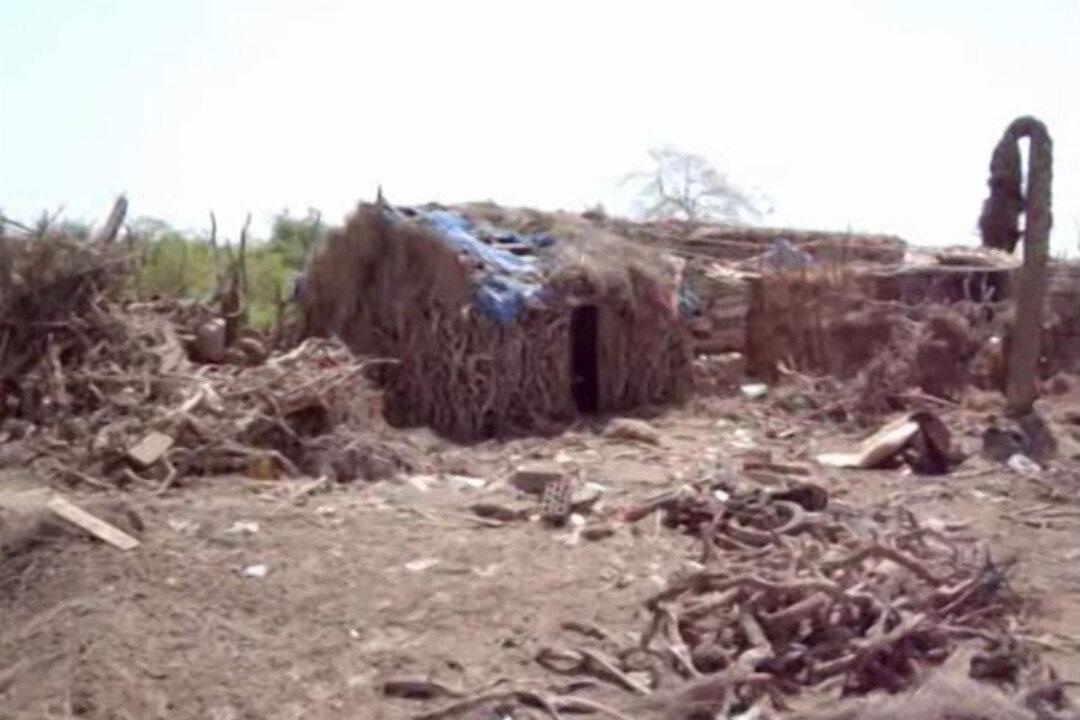SANAA, Yemen— The death toll from Saudi-led airstrikes that hit a wedding party in Yemen has risen to 131, making it the deadliest single incident since the start of the country’s civil war, medical officials said Tuesday.
The U.N. said at least 2,355 civilians have been killed in fighting since March, when the coalition began launching airstrikes against Shiite Houthi rebels and allied army units who control the capital. They are at war with the internationally recognized government as well as southern separatists, local militias, and Sunni extremists.
At least 80 women were killed in the wedding airstrikes in the central province of Taiz, said Yemeni medical officials who work in the province and have been neutral in the conflict. They spoke on condition of anonymity because they were not authorized to speak to reporters.
Hassan Boucenine, of the Geneva-based Doctors Without Borders, called it the deadliest single incident since the beginning of the conflict.
“To be honest it’s worse and worse ... it’s beyond despair,” said Boucenine, speaking about the war.
The Saudi-led and U.S.-backed coalition apparently struck the wedding party by mistake on Monday in al-Wahga, a village near the town of Mokha and the strategic Strait of Bab al-Mandab, Yemeni security officials said. The region is largely populated by fishermen and livestock traders.
“They struck a wedding, there were only civilians there and most of them died because the Mokha hospital is closed because of supply—no drugs, no fuel, no electricity, no nothing, so the staff left,” Boucenine said. The provincial capital of Taiz was inaccessible due to ongoing fighting.
He added that there was no heavy military presence in the vicinity of the strikes.
Victims were transported to Hodeida Province to the north, he said, and most of them died on the road. Witness Ahmed Nagy said many of the injured were moved in pickup trucks used for transporting animals.
Paramedic Khaled Basees said local people took on the medical operation without any state assistance, adding that some of the dead were torn apart and their unidentifiable remains buried in a mass grave.
Another witness, Mehdi Abdel Salam, said missile fragments destroyed several homes next to the wedding.
Officials from the Saudi-led coalition could not immediately be reached for comment.
U.N. Secretary-General Ban Ki-Moon condemned the airstrikes, which he said “killed as many as 135 people” and called on all parties involved in the conflict in Yemen, “from inside and outside the country, to immediately cease all military activities.”
The fighting in Taiz continued Tuesday, with three civilians killed and 13 wounded by Houthi shelling, neutral security and medical officials said on condition of anonymity as they were not authorized to brief reporters.
The office of the U.N. human rights chief said 151 civilians were killed in fighting in Yemen over two weeks in September, taking the civilian death toll to 2,355 over the last six months. The figure, which dates to Sept. 24, does not include the casualties from the wedding party strikes.
The office of the High Commissioner for Human Rights cited both sides in the conflict, pointing to coalition airstrikes and “indiscriminate” shelling in residential areas. It called on the Saudi-led coalition and Yemen’s government to allow “independent and impartial” investigations.
“Almost two-thirds of reported civilian deaths had allegedly been caused by coalition airstrikes, which were also responsible for almost two-thirds of damaged or destroyed civilian public buildings,” the office of the U.N. human rights chief said.





